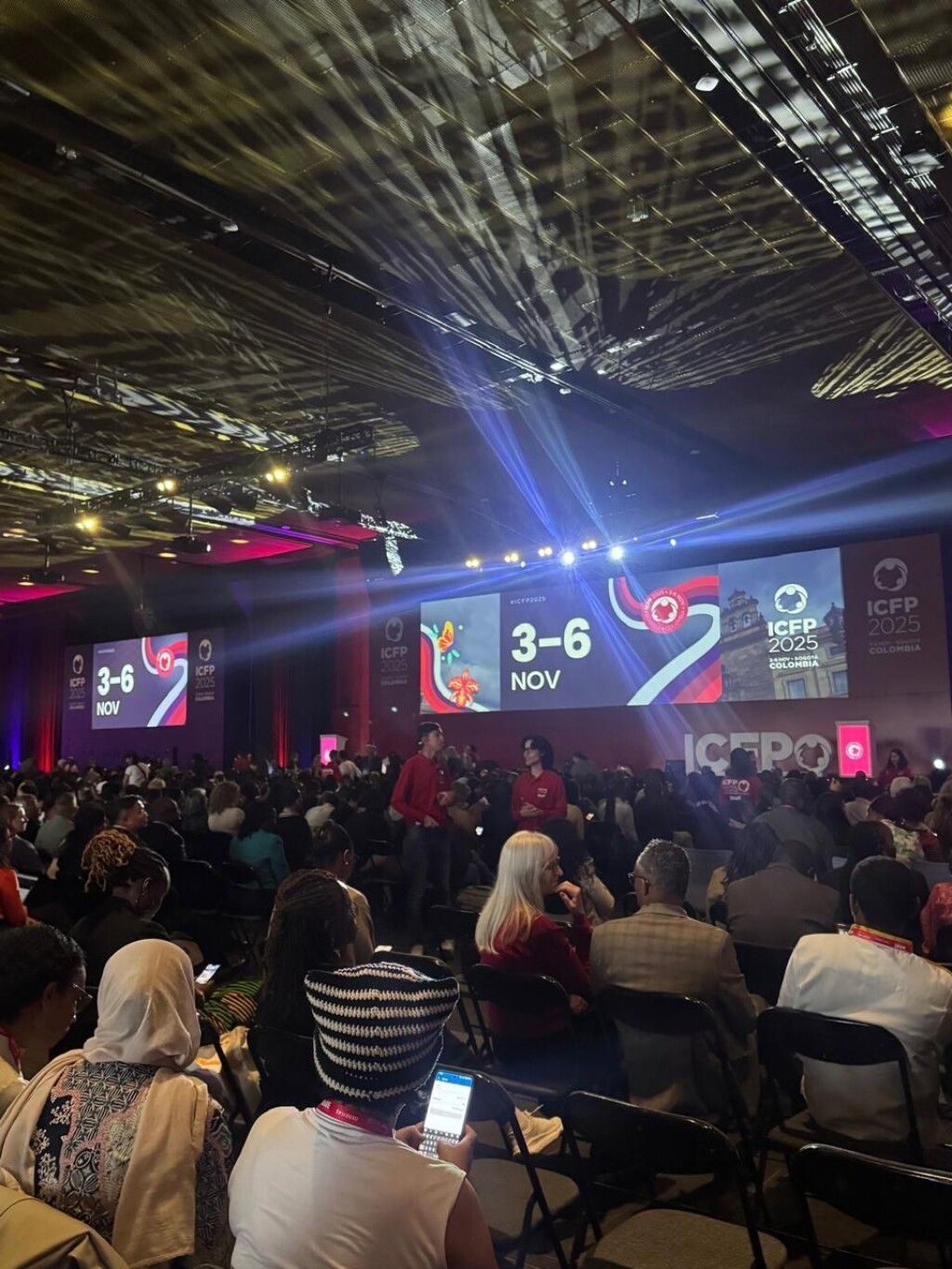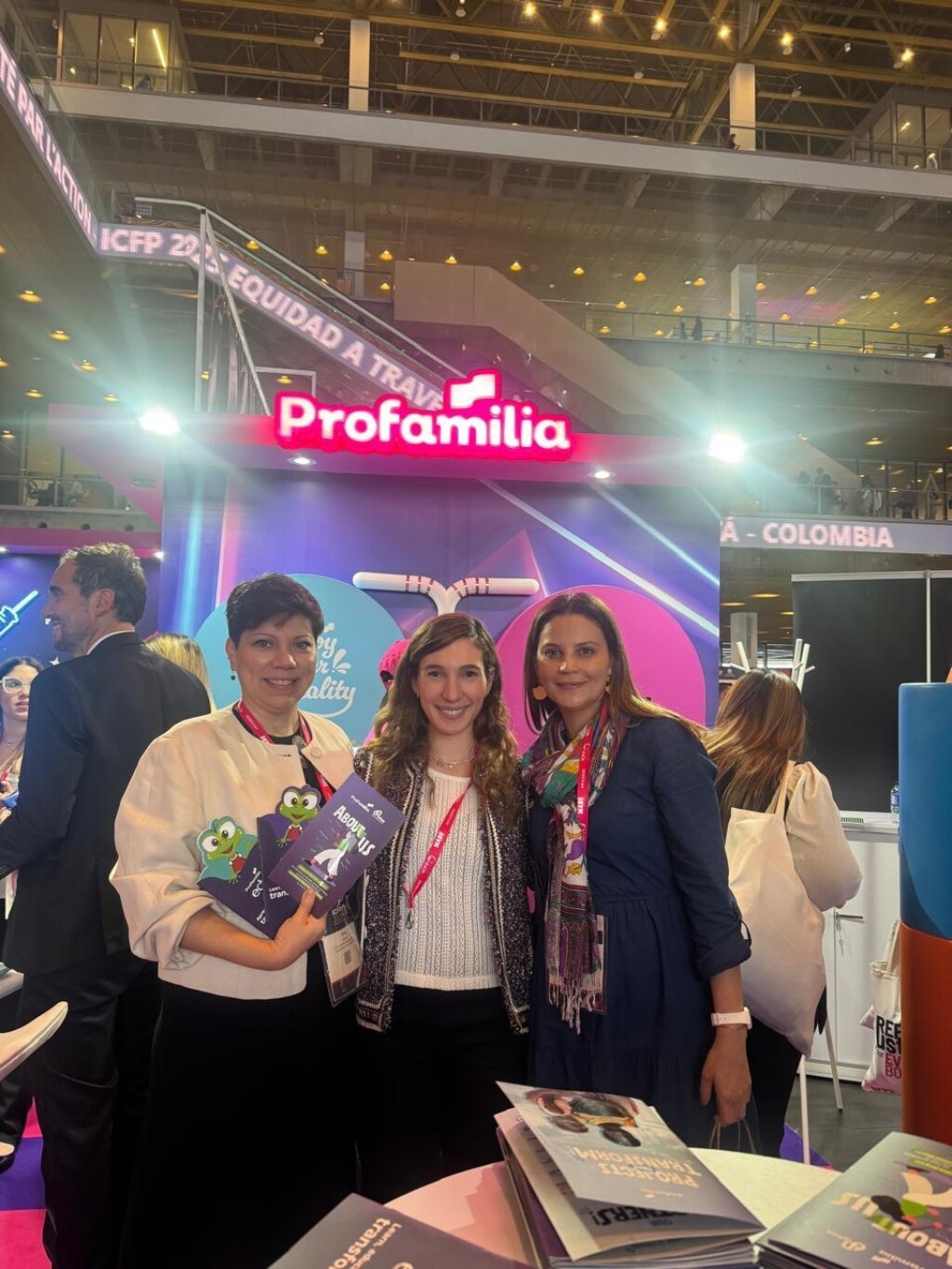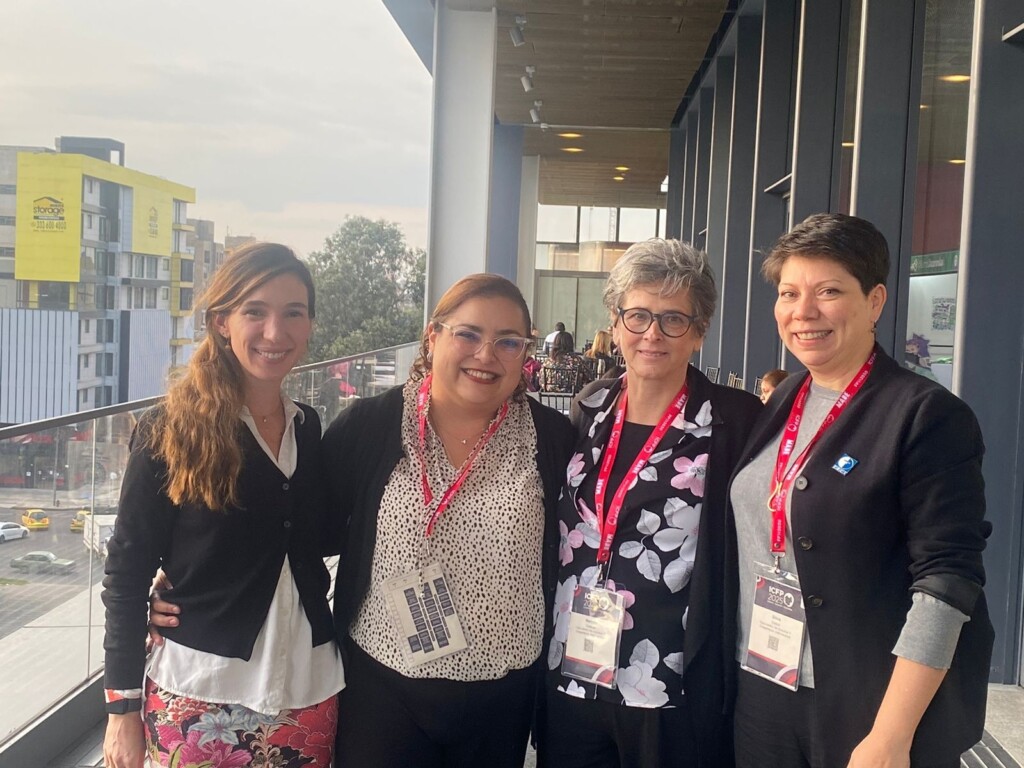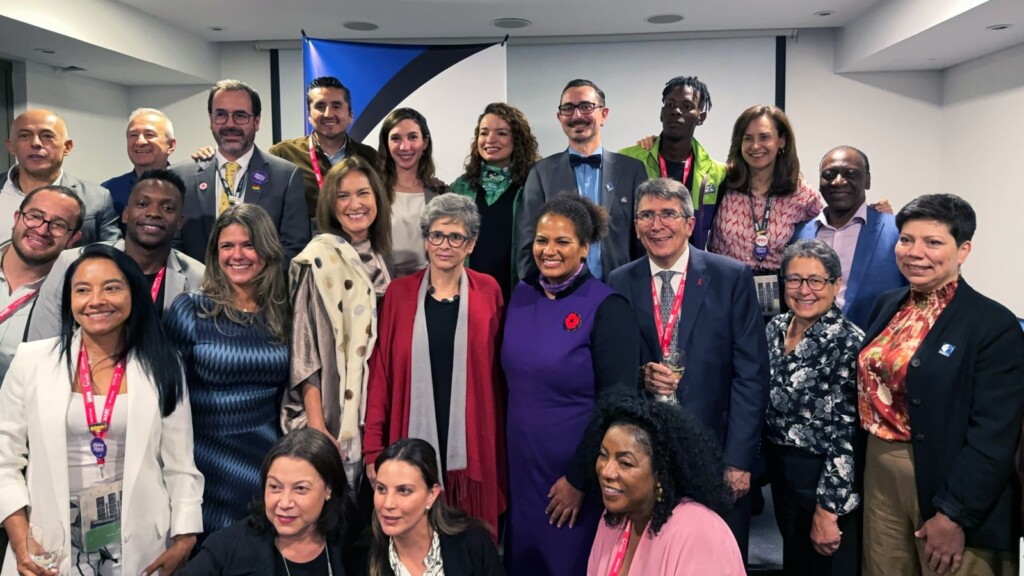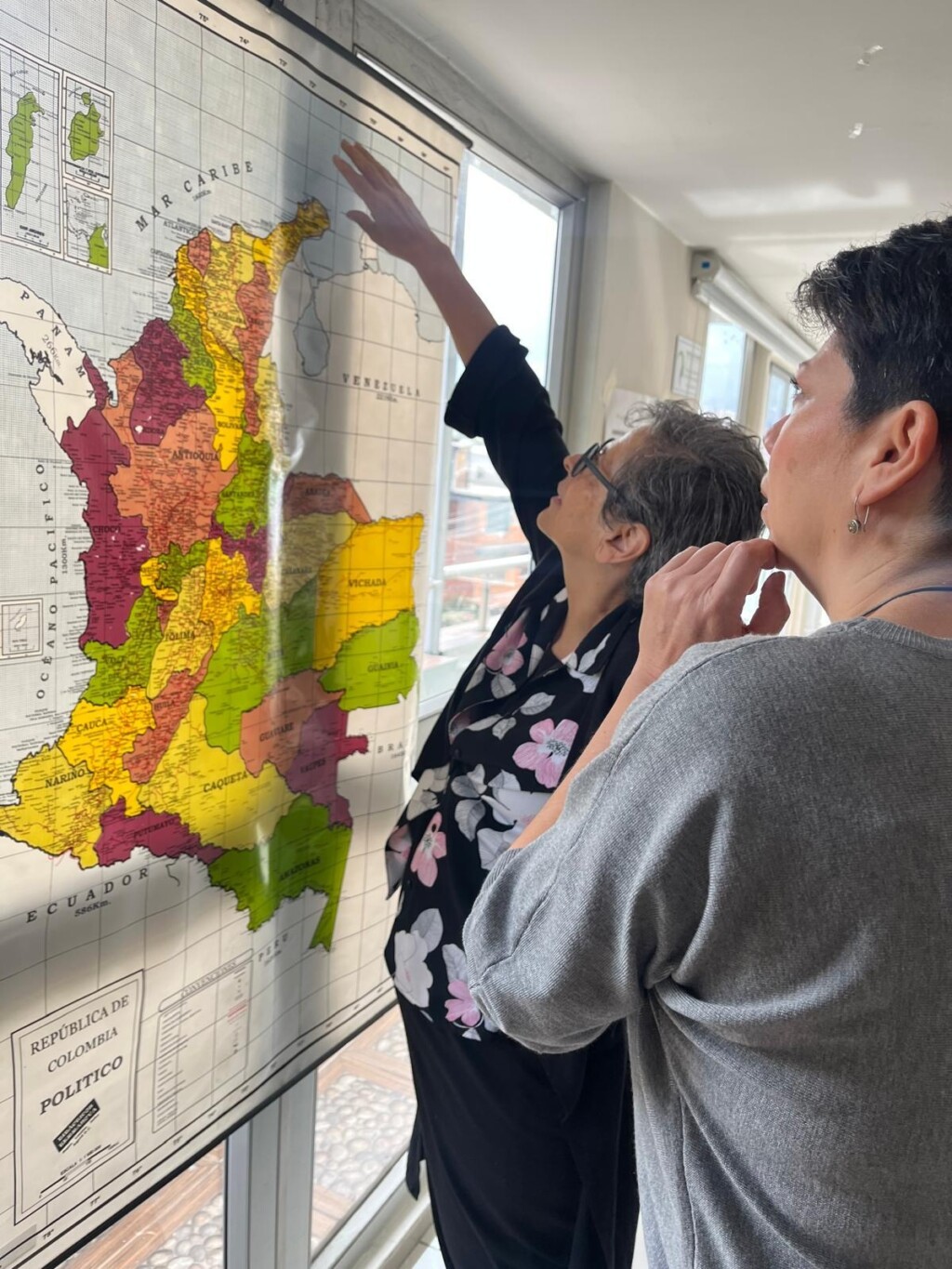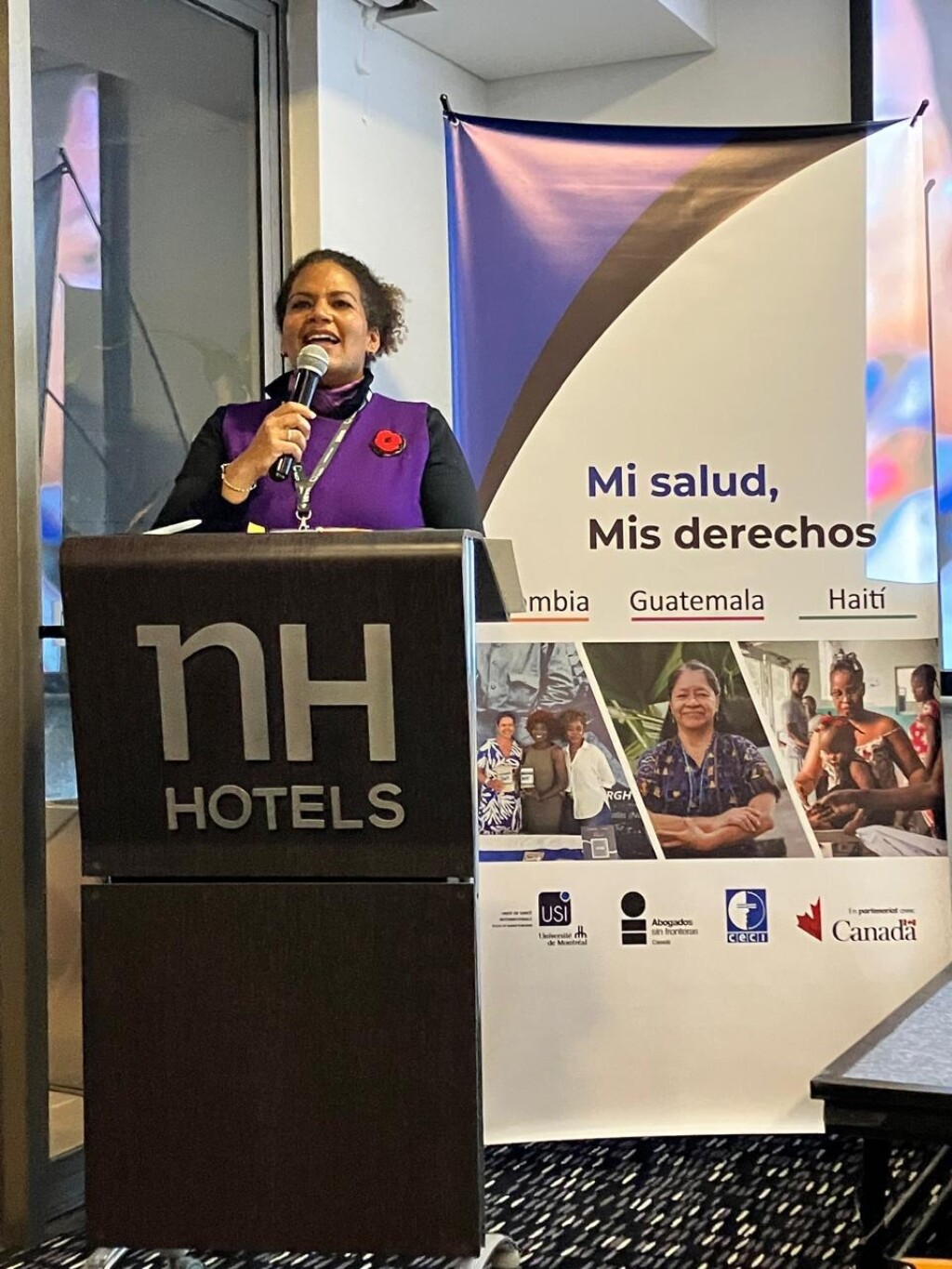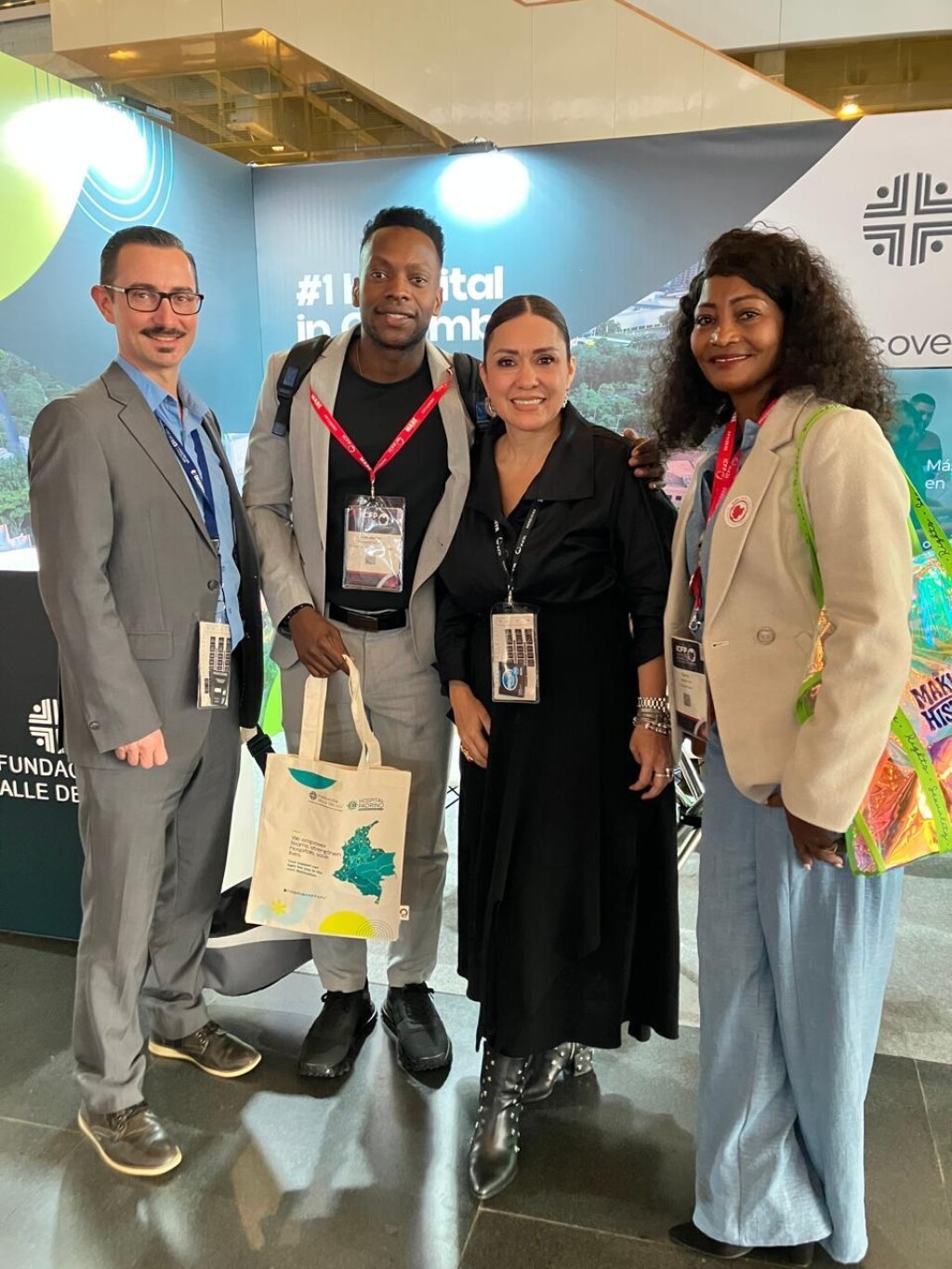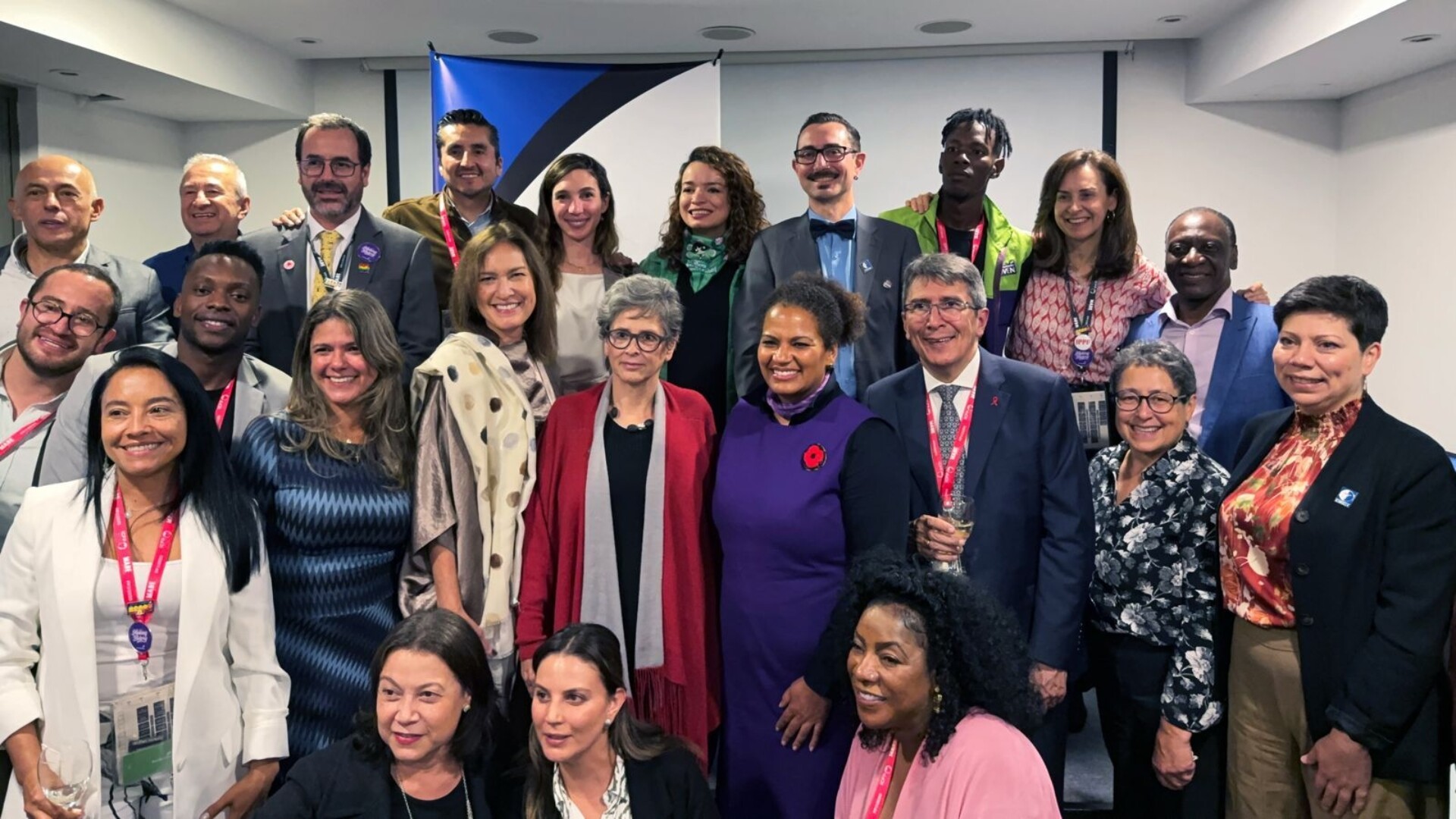
News
A regional commitment to more equitable health systems
November 13, 2025On November 4, 2025, the regional project My Health, My Rights / Sante mwen, dwa mwen was officially launched in Bogotá, Colombia, alongside representatives from the Colombian Ministry of Health, Canada’s Ambassador to Colombia, Elizabeth Williams, the teams from the consortium partners—International Health Unit of the Université de Montréal (USI), Lawyers Without Borders Canada, and the CECI—and national partners such as Profamilia. Funded by Global Affairs Canada, this seven-year initiative will be implemented in Colombia, Guatemala, and Haiti to strengthen the ability of women, girls, and adolescents to fully exercise their sexual and reproductive health and rights, while supporting the organizations and institutions engaged in this work.
Funded by Global Affairs Canada, this seven-year initiative will be implemented in Colombia, Guatemala, and Haiti to strengthen the ability of women, girls, and adolescents to fully exercise their sexual and reproductive health and rights, while supporting the organizations and institutions engaged in this work.
Held on the sidelines of the 2025 International Conference on Family Planning (ICFP), organized for the first time in Latin America and bringing together participants from more than 120 countries, the launch provided a strategic opportunity to exchange knowledge, share promising practices, and highlight inclusive and multisectoral approaches to sexual and reproductive health and rights.
A launch shaped by dialogue and collaboration
The event included a dynamic panel featuring three influential voices in the sector, each bringing insights grounded in lived experience and community engagement: Clara Sonia Riascos, Coordinator of the Matia Mulumba Health Center in Buenaventura; Juliet Gómez Osorio, Director and Co-Founder of Corporación Colectiva Justicia Mujer; and Luis Carlos Caicedo Angulo, community leader and member of Profamilia’s Red Joven. Their reflections shed light on persistent challenges as well as concrete avenues to improve access to quality services, respond to gender-based violence, and strengthen community-driven initiatives. The event concluded with a social-rap performance by Luis Caicedo celebrating youth leadership in defending their rights.
Consortium teams took part in the launch alongside Profamilia and other institutional and community partners, creating a space for exchange between feminist organizations, public institutions, mobilized youth, and frontline actors.
Breaking silences and strengthening rights
Across its three countries of implementation, My Health, My Rights / Sante mwen, dwa mwen aims to create environments where women, girls, and adolescents can fully exercise their sexual and reproductive health and rights. Activities will directly reach nearly 757,500 participants and more than five million people indirectly.
In an article published by Université de Montréal about the initiative, Claude Phanord, Director of CECI Haiti, underscores the need to address systemic barriers to information: “In many communities, talking about family planning or sexuality remains taboo. There is a huge information gap. Part of our work involves breaking these silences.”
A regional collaboration for more just health systems
Implemented by a consortium composed of Université de Montréal’s International Health Unit (USI), Lawyers Without Borders Canada, and the CECI, the project brings together complementary expertise in health governance, gender justice, community-based approaches, and institutional strengthening. In Latin America and the Caribbean, where gender inequalities remain deeply rooted, this collaboration seeks to support locally driven responses and reinforce the leadership of organizations, young people, and communities.
